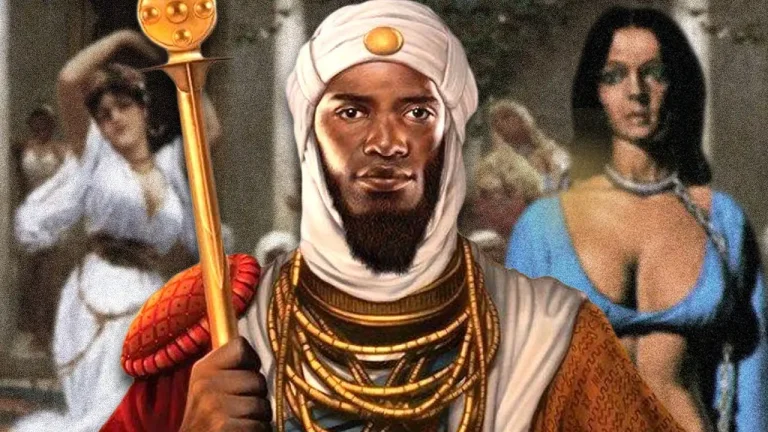Africa is a continent with a rich and diverse history that spans thousands of years. It is a continent that has produced some of the world’s most notable historical figures, kingdoms, and empires. This article seeks to explore some of the most interesting and important aspects of Africa’s history. From ancient civilizations to colonialism, to modern-day politics, this article will provide a comprehensive overview of the continent’s history.
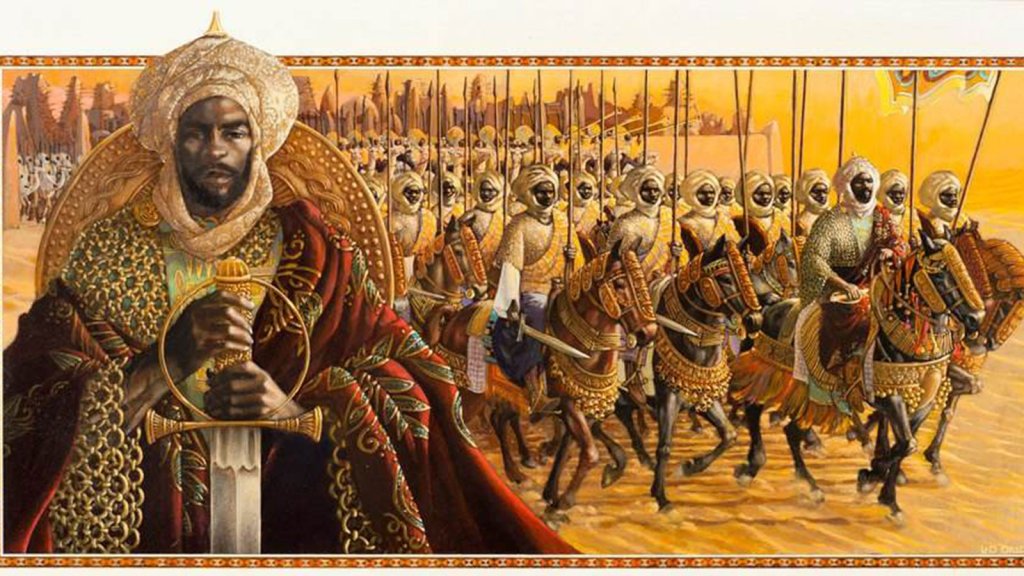
The Cradle of Civilization:
Africa is often referred to as the cradle of civilization. The continent is home to some of the oldest known civilizations in human history, including ancient Egypt, Ethiopia, and the Kingdom of Kush. These civilizations were known for their impressive architecture, engineering, and artistic achievements. The pyramids of Egypt, for example, are one of the world’s most recognizable architectural wonders.
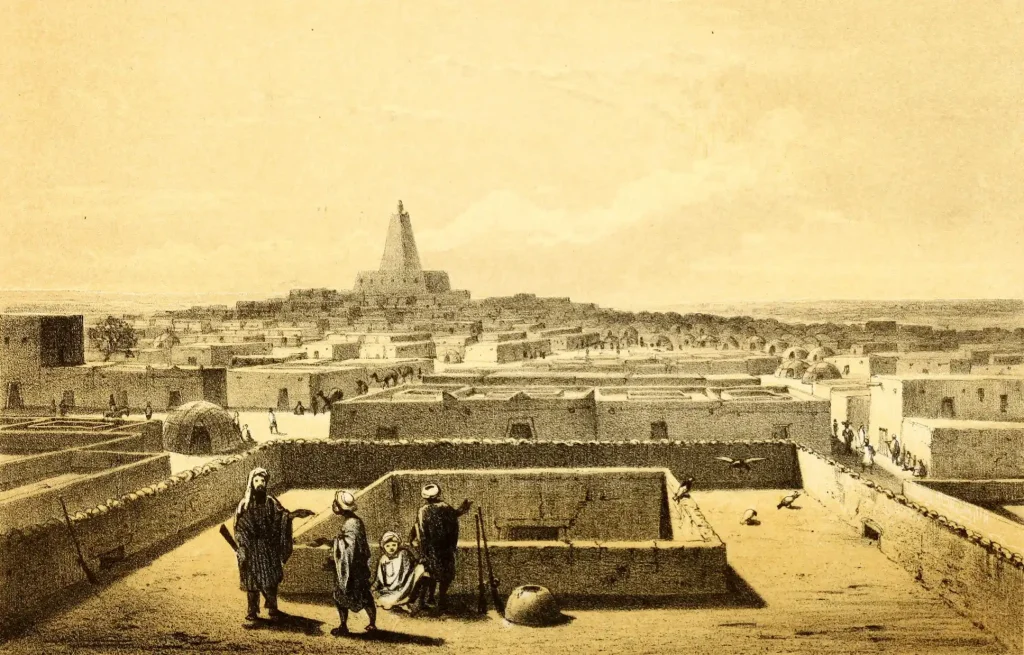
The Trans-Saharan Trade:
The Trans-Saharan trade route was a network of trade routes that crossed the Sahara desert, connecting West Africa with North Africa and the Mediterranean world. The trade route was crucial for the exchange of goods such as gold, salt, ivory, and slaves. It also facilitated the spread of Islam across West Africa. The cities of Timbuktu and Djenne in Mali were key centers of the Trans-Saharan trade.
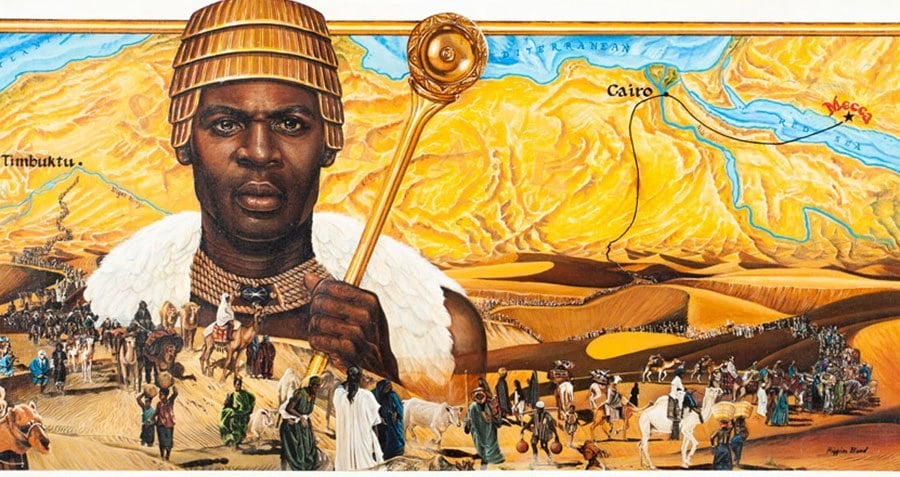
The Kingdom of Ghana:
The Kingdom of Ghana was one of the most prosperous and powerful states in West Africa during the Middle Ages. It was located in what is now southeastern Mauritania and western Mali. The kingdom’s wealth was derived from the gold and salt trade, and it was a center for Islamic scholarship and learning.
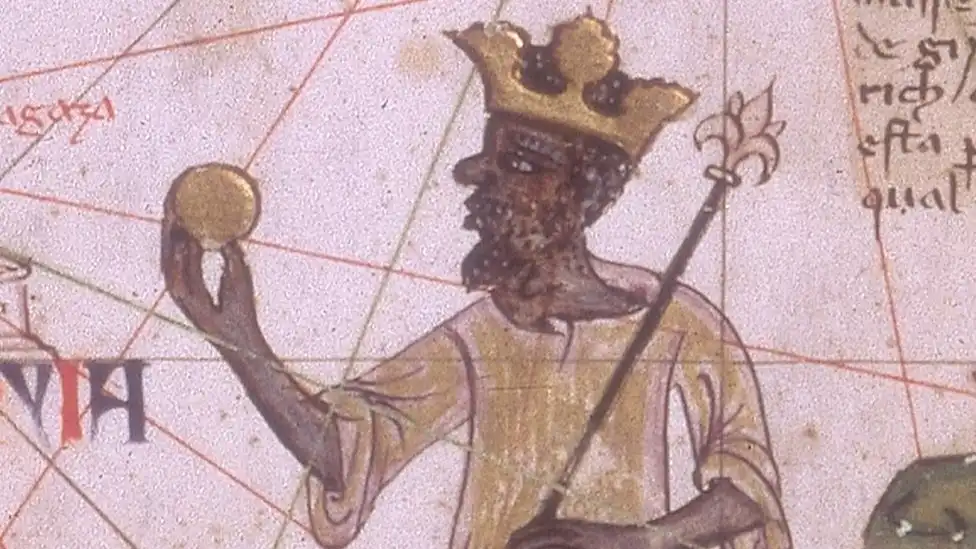
The Kingdom of Mali:
The Kingdom of Mali was another important West African state that existed from the 13th to the 15th centuries. It was known for its wealth, which was derived from the gold trade, and for its rich culture and literature. The legendary King Mansa Musa, who made a pilgrimage to Mecca in 1324, was the most famous ruler of the Kingdom of Mali.
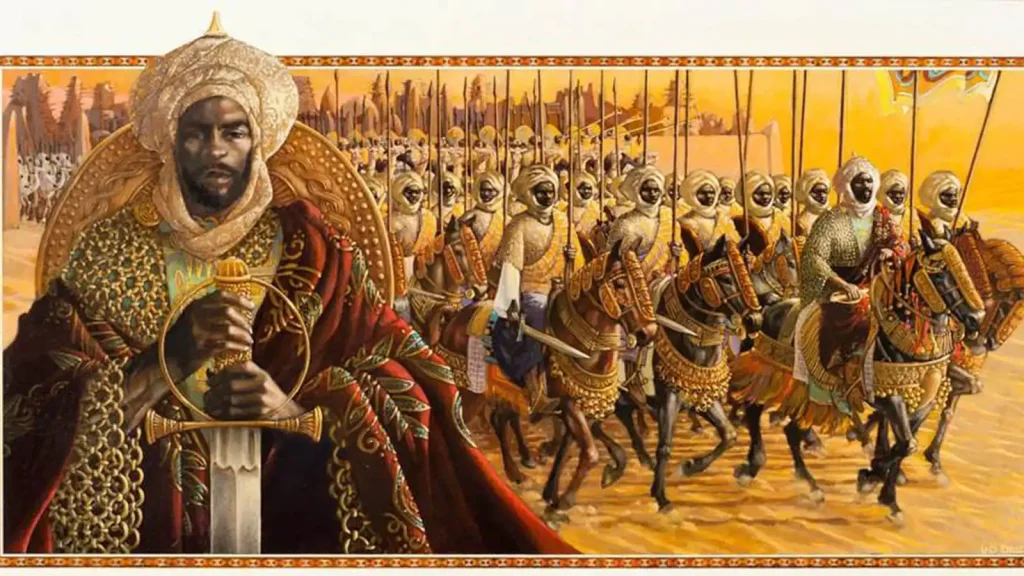
The Kingdom of Songhai:
The Kingdom of Songhai was a West African state that existed from the 15th to the 16th centuries. It was one of the largest empires in African history, stretching from the Atlantic Ocean to the Niger River. The kingdom’s economy was based on trade, and it was known for its advanced military tactics and administration. The city of Timbuktu was a center of learning and scholarship during the Songhai Empire.
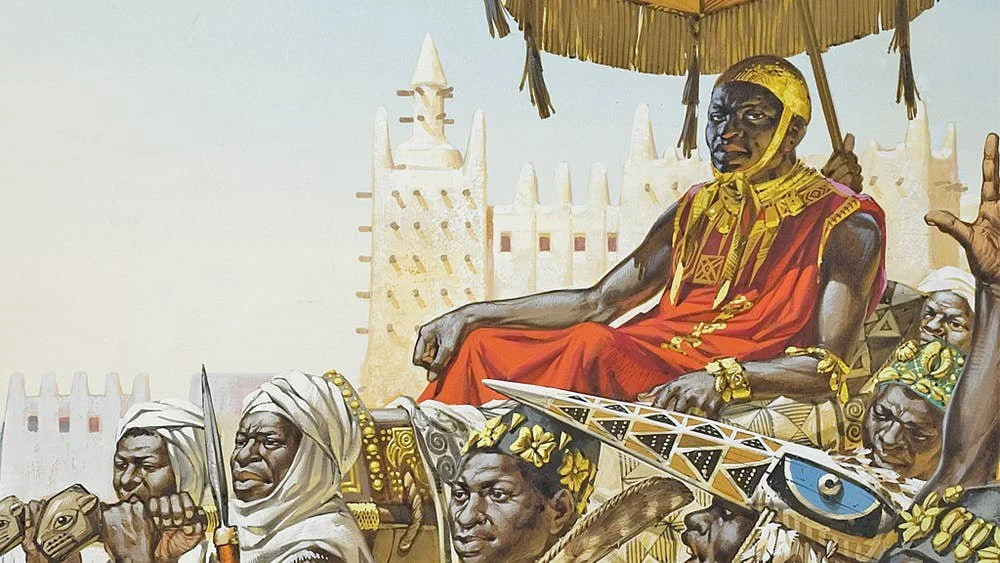
The Arrival of Europeans:
The arrival of Europeans in Africa in the 15th century marked the beginning of a new era in the continent’s history. European powers such as Britain, France, Portugal, and Belgium established colonies in Africa, leading to the exploitation of the continent’s resources and the enslavement of its people. The Berlin Conference of 1884-85 divided Africa among European powers, resulting in the partition of the continent and the carving up of African societies. This period of colonialism had a significant impact on Africa’s political, social, and economic development.

Pan-Africanism:
Pan-Africanism is a movement that emerged in the late 19th century, advocating for the unification of Africa and the liberation of African peoples from colonialism and racial oppression. Leaders such as Kwame Nkrumah, Marcus Garvey, and W.E.B. Du Bois were influential in the development of the Pan-Africanist movement. The movement played a critical role in the struggle for African independence, which gained momentum in the mid-20th century.
African Independence:
African independence movements gained momentum in the mid-20th century, with many African countries gaining independence from European colonial powers. Leaders such as Nelson Mandela, Jomo Kenyatta, and Julius Nyerere played critical roles in the struggle for independence. The process of decolonization was accompanied by challenges, including political instability, ethnic conflicts, and economic challenges.
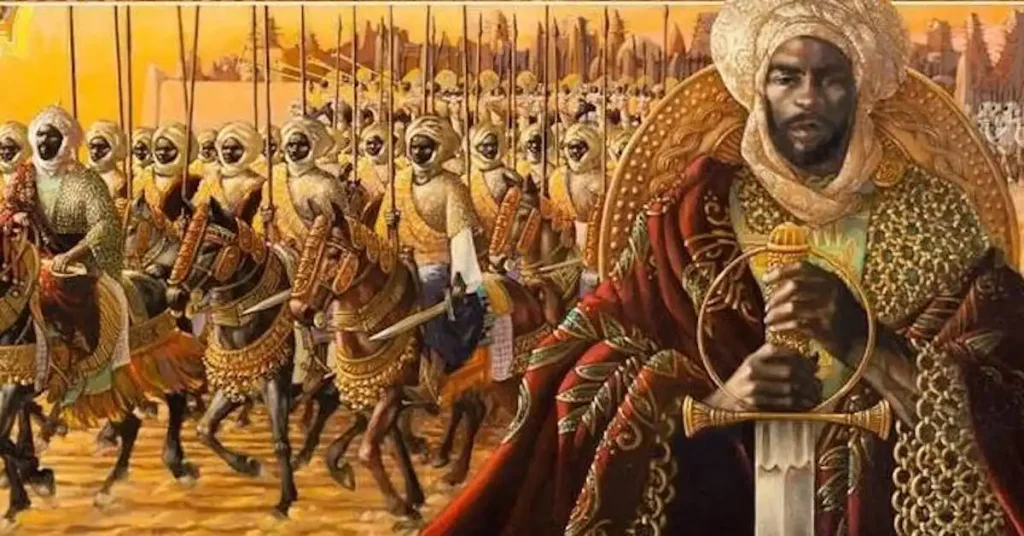
African Unity:
African unity has been a recurring theme in African history, with many leaders advocating for the unification of the continent. The Organization of African Unity (OAU), established in 1963, was the first pan-African organization that aimed to promote African unity and solidarity. It was replaced by the African Union (AU) in 2002, which continues to work towards promoting peace, security, and development in Africa.
Contemporary Africa:
Contemporary Africa is a diverse and complex continent, with significant progress in some areas and significant challenges in others. The continent has made significant strides in areas such as education, health, and economic development. However, issues such as poverty, corruption, and conflict continue to be major challenges. African leaders such as Ellen Johnson Sirleaf, Paul Kagame, and Cyril Ramaphosa are working towards addressing these challenges and promoting sustainable development in Africa.
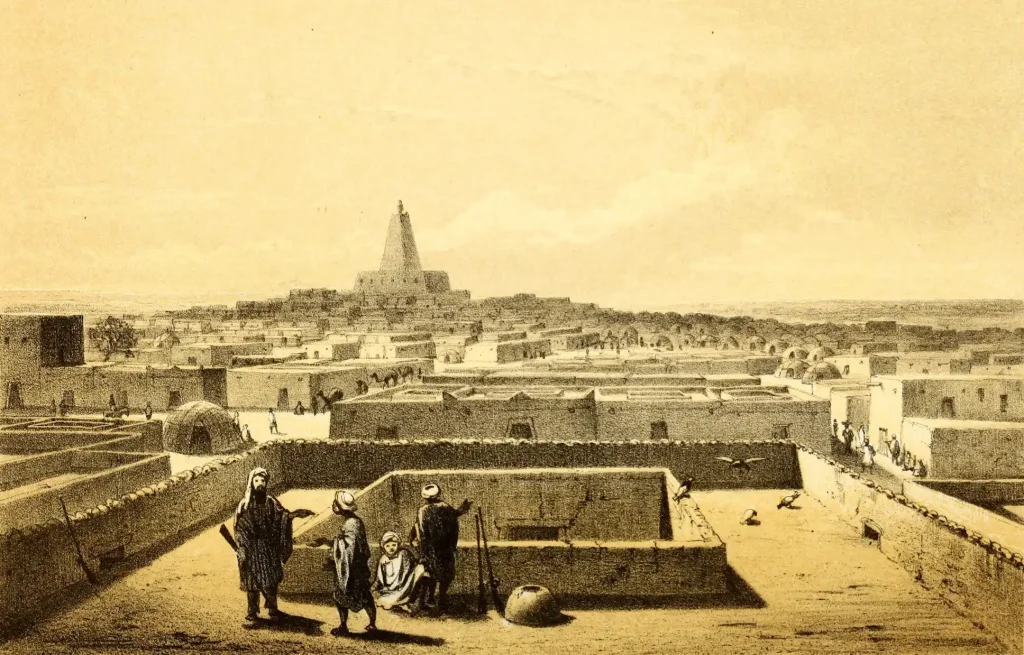
Conclusion:
Africa’s history is rich and diverse, spanning thousands of years and encompassing a wide range of civilizations, empires, and cultural achievements. From the cradle of civilization to contemporary Africa, the continent has undergone significant changes and challenges. However, Africa’s history is also marked by resilience, resistance, and creativity. The Pan-Africanist movement and the struggle for independence are examples of the continent’s determination to create a better future. As Africa continues to face challenges and opportunities, it is important to reflect on the continent’s rich history and draw inspiration from its past achievements.
